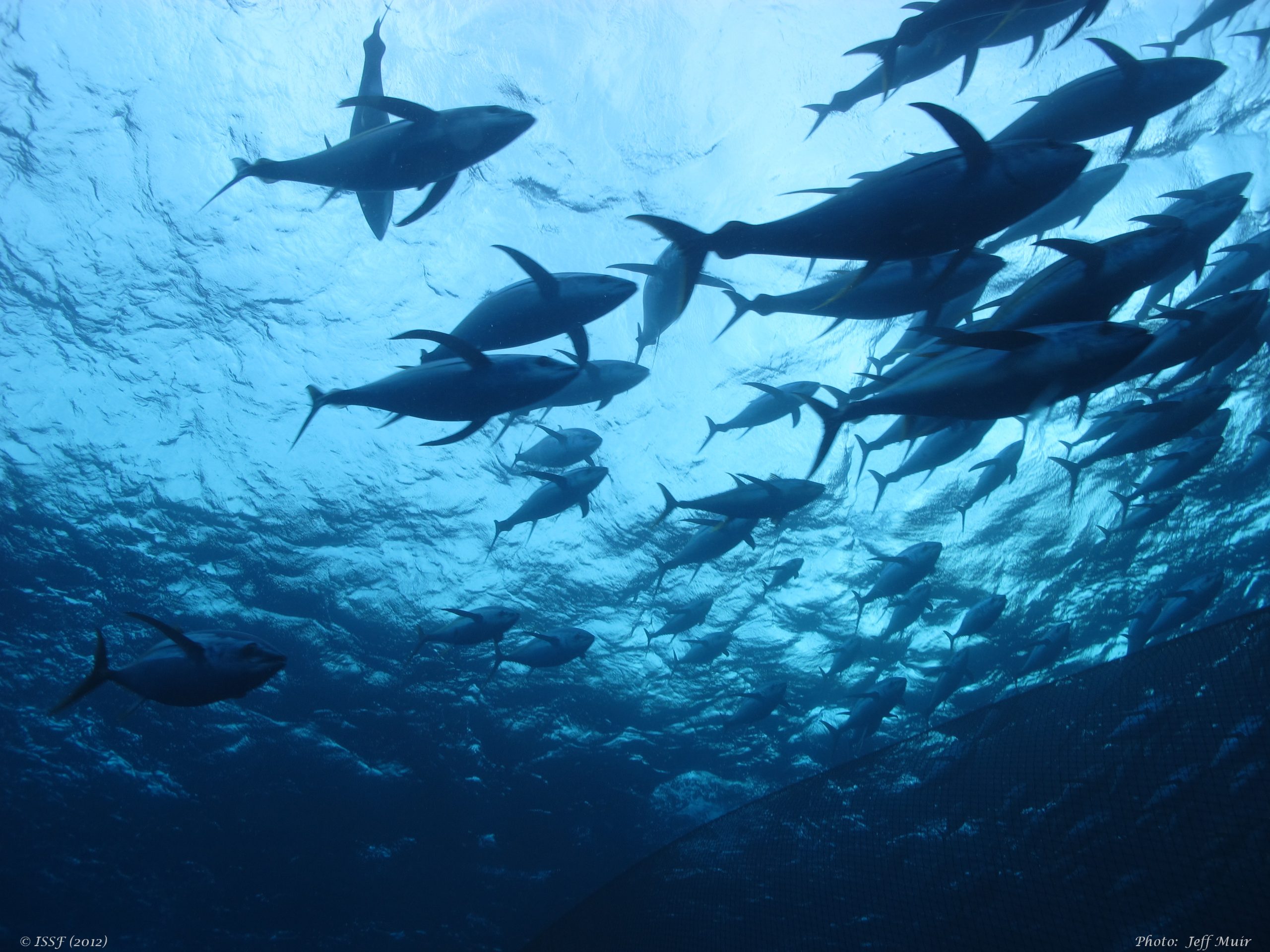30 de junio de 2025

Authors: Dr. Emily Klein, The Pew Charitable Trusts, and Dr. Ellen Ward, The Pew Charitable Trusts
Changes in the Earth’s climate due to human activities have substantial implications for global fisheries. Related losses in fish biomass production are projected to occur in many regions worldwide in the coming decades; some of the largest projected declines are for countries that rely substantially on aquatic foods for their domestic protein supply, or are top producers in the global market (FAO, 2024). More broadly, climate change is already and will continue to impact species distributions—with attendant shifts in the geography of fisheries resources—and species life histories around the world (Cooley et al., 2022; Poloczanska et al., 2016).
In the face of these and other severe impacts, fisheries managers can take action to develop and implement climate adaptive fisheries management measures including harvest strategies (also known as management procedures, these strategies shift management from short-term and reactive decision-making to longer-term objectives) underpinned by management strategy evaluation (which uses scientific assessment to ensure that adopted rules meet management objectives under a variety of environmental conditions), in support of adapting their fisheries to changing conditions.
A rapid review of the recent peer-reviewed literature on the intersection of climate change with harvest strategies (HS) highlights that:
Building from this basis in the literature, harvest strategies are one of the tools available to managers that can help foster sustainable fisheries in a changing climate. To date, the results of this review have been shared with several RFMOs including NPFC, SPRFMO, and ICCAT, and we hope that even more fisheries managers will consider the results of the scientific literature in thinking through the role that harvest strategies can play in navigating the impacts of climate change to their fisheries.
Reference
Blanchard, J.L. & Novaglio, C., eds 2024. Climate change risks to marine ecosystems and fisheries – Projections to 2100 from the Fisheries and Marine Ecosystem Model Intercomparison Project. FAO Fisheries and Aquaculture Technical Paper, No. 707. Rome, FAO.
Cooley, S., D. Schoeman, L. Bopp, P. Boyd, S. Donner, D.Y. Ghebrehiwet, S.-I. Ito, W. Kiessling, P. Martinetto, E. Ojea, M.-F. Racault, B. Rost, and M. Skern-Mauritzen, 2022: Oceans and Coastal Ecosystems and Their Services. In: Climate Change 2022: Impacts, Adaptation and Vulnerability. Contribution of Working Group II to the Sixth Assessment Report of the Intergovernmental Panel on Climate Change [H.-O. Pörtner, D.C. Roberts, M. Tignor, E.S. Poloczanska, K. Mintenbeck, A. Alegría, M. Craig, S. Langsdorf, S. Löschke, V. Möller, A. Okem, B. Rama (eds.)]. Cambridge University Press, Cambridge, UK and New York, NY, USA, pp. 379–550, doi:10.1017/9781009325844.005.
Poloczanska, Elvira S., et al. 2016. “Responses of marine organisms to climate change across oceans”. Frontiers in Marine Science. 3:62. doi: 10.3389/fmars.2016.00062.